5 min read
Share this post

We are pleased to announce the release of the Off2Class Core Curriculum, a series of lessons supporting English language learners in their core curriculum classes.
Educators teaching subjects other than English as a Second or Foreign Language often find themselves teaching students with English language needs. For example, in the US it is common for school-age English Language Learners (ELLs) to end up in a history, mathematics or science lesson with students who have English as a first language. Inevitably, ELLs then struggle through no fault of their own since their low English proficiency precludes them from following the lesson content. Unsurprisingly, this results in frustration for all concerned.

In short, if you’re teaching in the US school system, or any other context where English is the medium of instruction, you may well have students who are not progressing in class, primarily because they don’t have the requisite language to follow the core content. You probably know all too well the considerable burden this places on both teachers and students.
Like all issues in education, there is no simple one-size-fits-all solution. In response to a genuine and growing need, both in the US and in other English-language school systems receiving an influx of non-native English speaking students, Off2Class is releasing a series of Core Curriculum lessons.
Each subject has its own core vocabulary. For instance, addition, subtraction, and multiplication are part of the fundamental lexicon students need in math classes. We know that subject-based vocabulary is vital for students to progress in other core subject areas. Consequently, our Core Curriculum lessons aim to provide the tools that students need to follow and engage with the subject matter in such classes. These lessons teach the core vocabulary and expressions needed; words and phrases that students will hear again and again, the lexical chunks that they can add together to eventually grasp more complex sentences and concepts.

These lessons are designed for students who have a command of basic English, but are not yet able to express themselves with confidence in specific subject areas. Therefore, they are valuable to all students at this level who are attending the core classes covered in this series. For beginner-level students, those who need instruction to develop a foundation level of English proficiency, we suggest instead our Newcomers lesson series, due for release late July 2023.
While the vocabulary is that encountered primarily in North American school systems, teachers in other education systems will benefit from the lessons with a small amount of adaptation. Our initial series contains 72 lessons. These target students of English language arts, mathematics, science, and social studies, and begin with a module covering general classroom language skills useful in all subject areas.
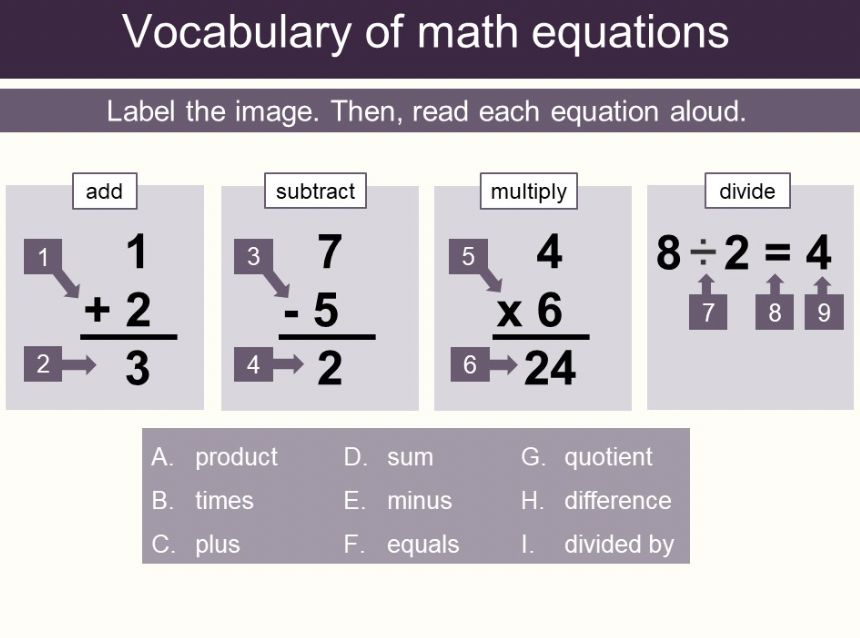
With 12 lessons spread across 6 engaging and relevant units, Classroom language and skills 1 provides the language for English language learners to move beyond basic communication to more meaningful participation in school life.
Not being able to understand the rules of the classroom can cause a lot of unnecessary problems and frustration. This unit introduces expressions commonly used by teachers for outlining expectations, including imperatives and conditional statements, and language for asking for permission.
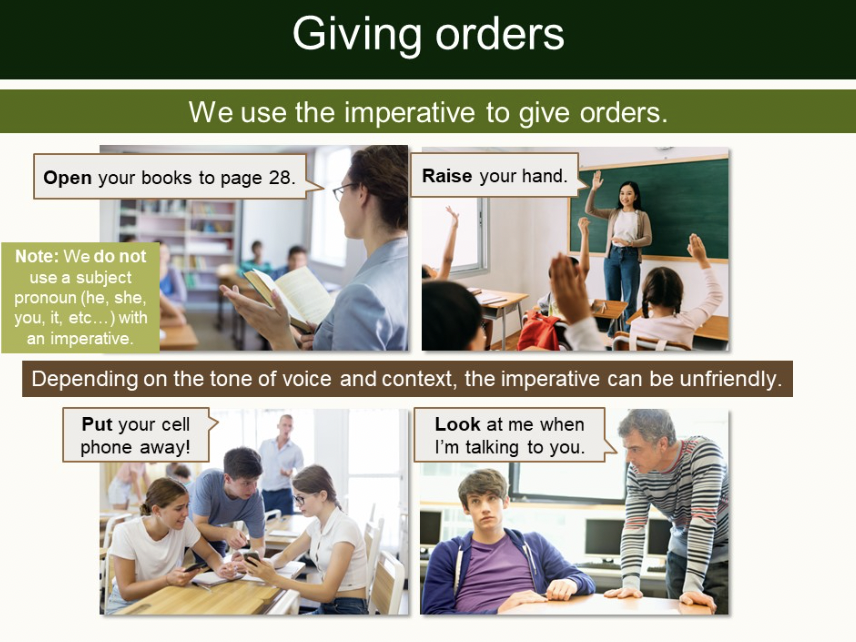
Once students understand classroom rules, they then need to know what specific tasks require them to do. Unit 2 ensures students are able to give and understand instructions, and ask for clarification when they are unsure.
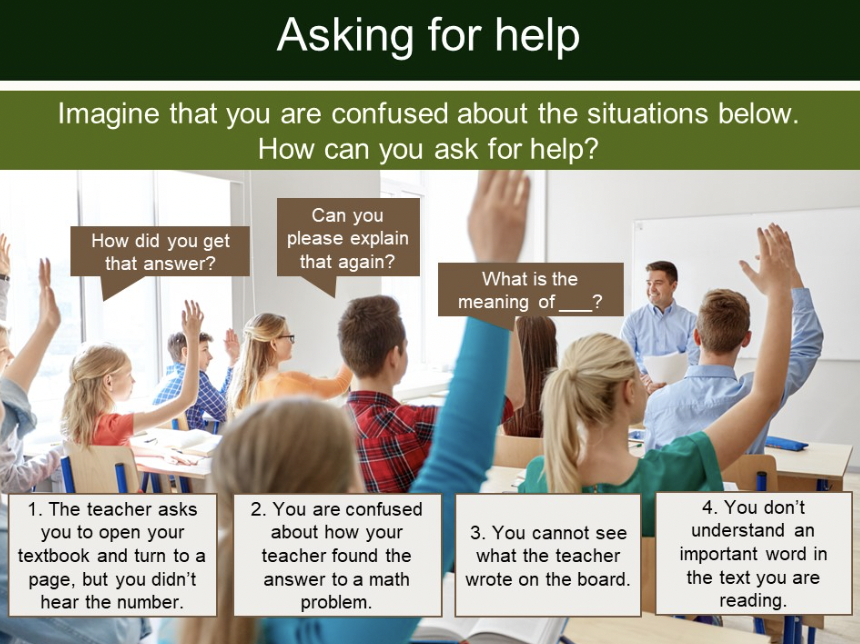
Beyond the classroom, students also need to understand where they need to be and when during the school day. The focus here is on prepositions, relative clauses, and being able to form questions.
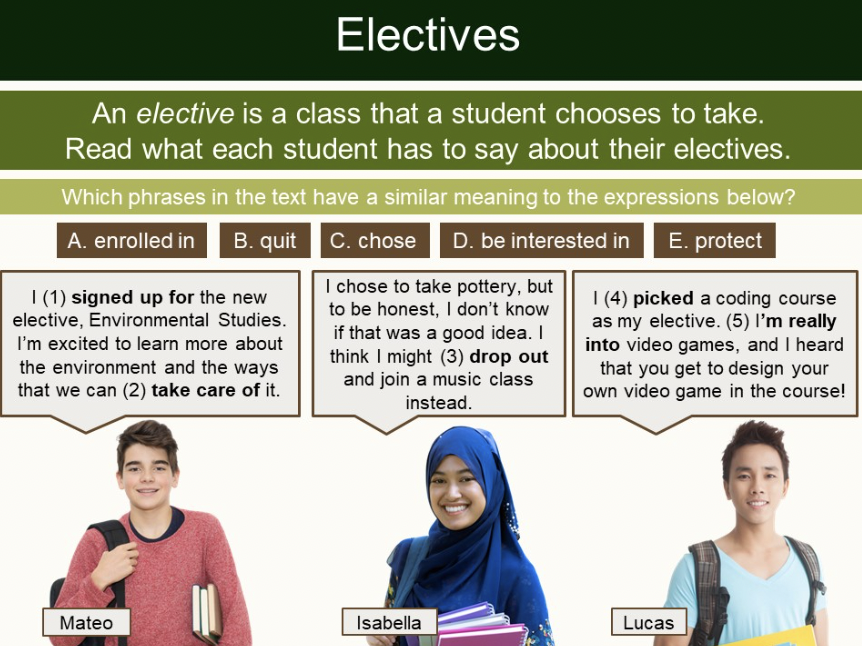
A popular and important aspect of school life is the student council. Yet, English language learners are not always able to engage with it. Language introduced here, including comparatives, phrases for giving reasons, and modal verbs for describing responsibilities, ensures that they can do just that.

English language learners are students just like their classmates and so are affected by the same issues. By exploring the universal topics of friendship and homework, in this unit students develop vital language for expressing opinions and participating in discussions. Students can apply this language inside the classroom, too.

This final unit explores what it means to be a student in a typical US K-12 setting. Students develop language skills for communicating more naturally with their peers and discuss strategies for studying more effectively.

This new series of lessons will allow English language learners to reach their potential in core curriculum classrooms. For details of what the Core Curriculum lessons will cover and when they will be released, as well as information regarding our other exciting content releases for this year, take a look at our release schedule.
Share this post

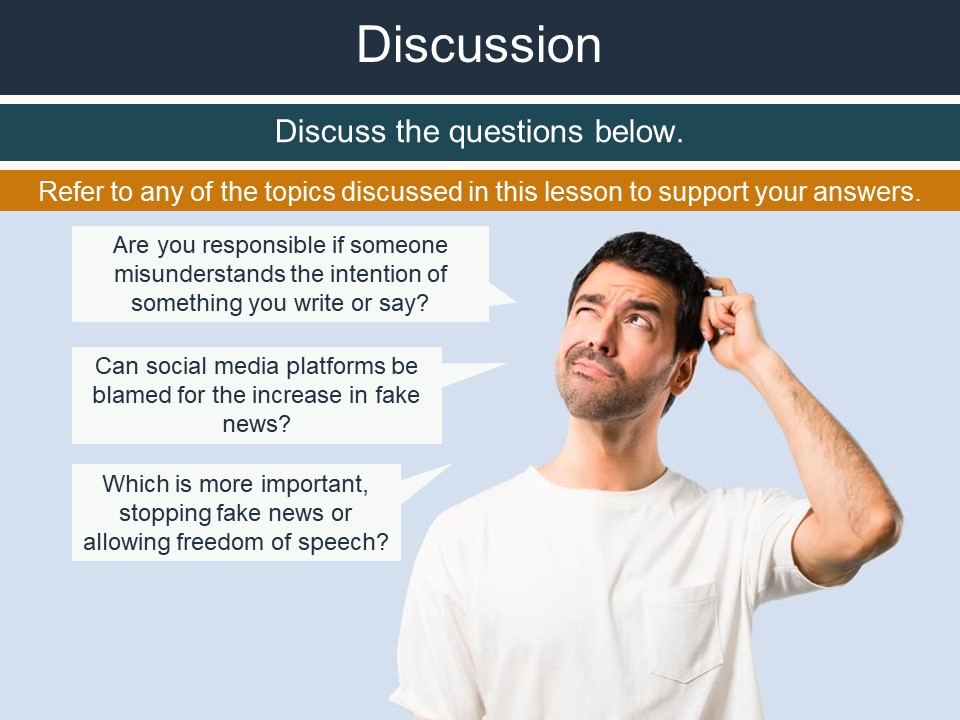

Leave a Reply